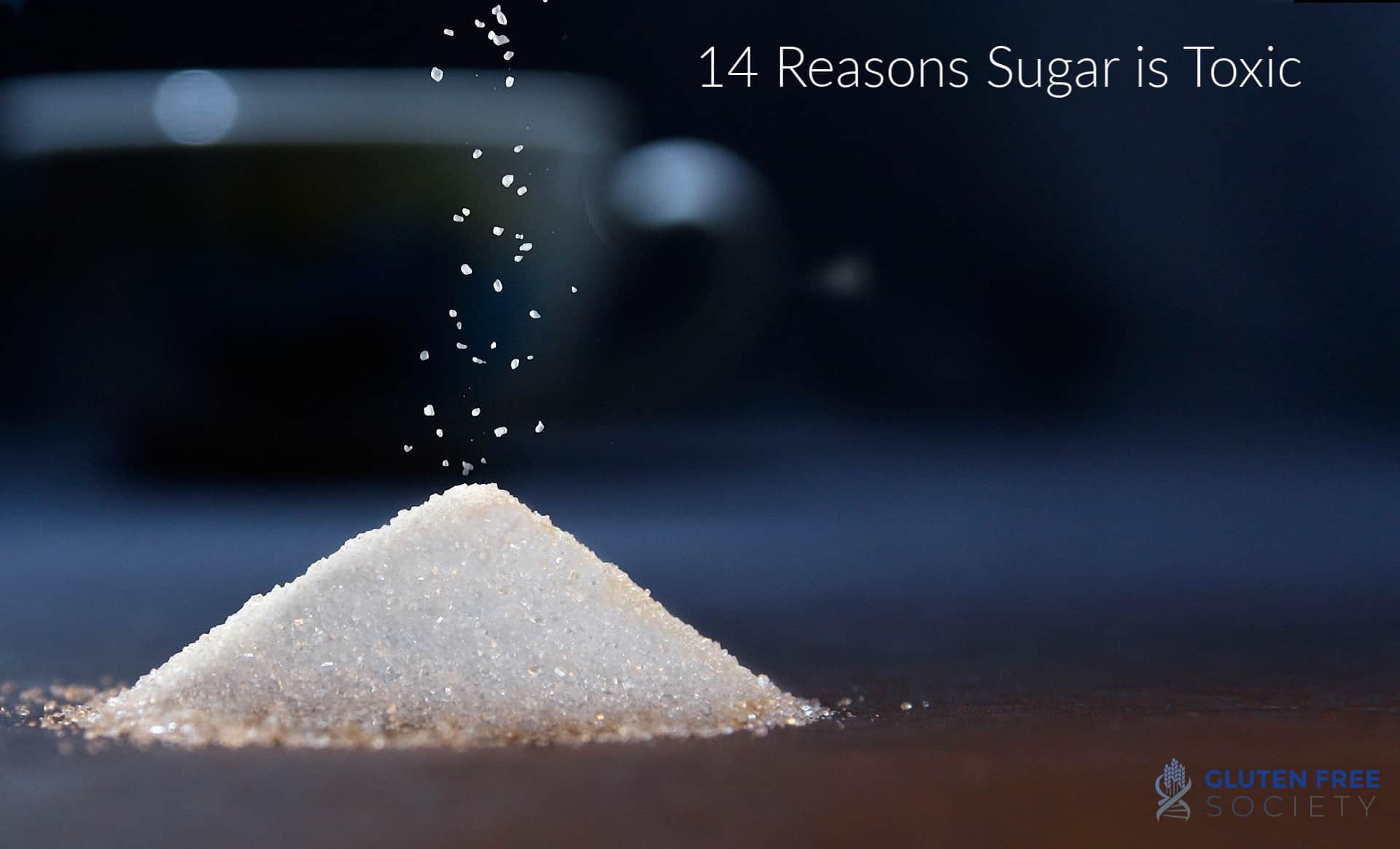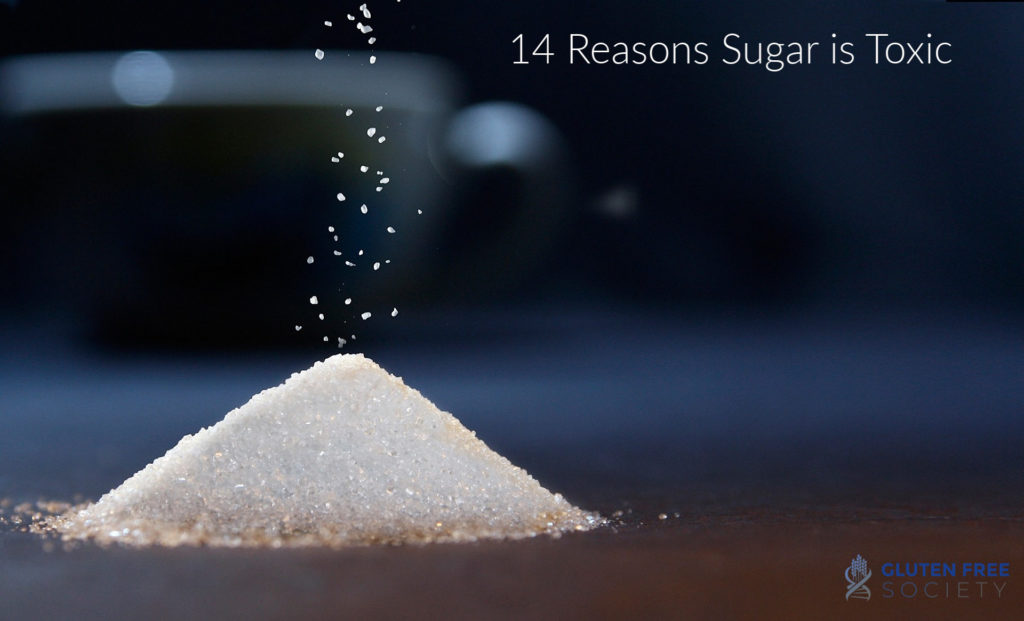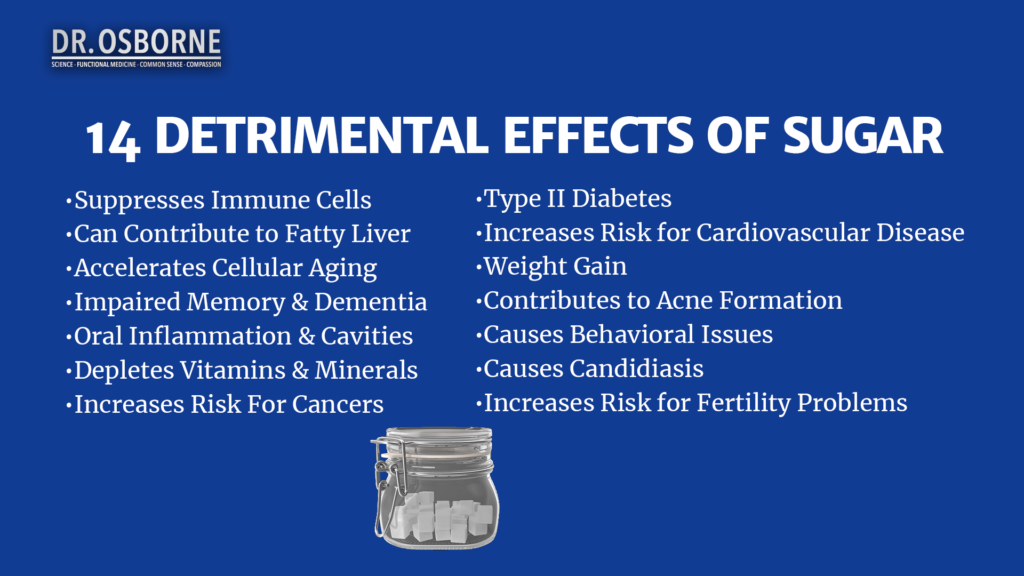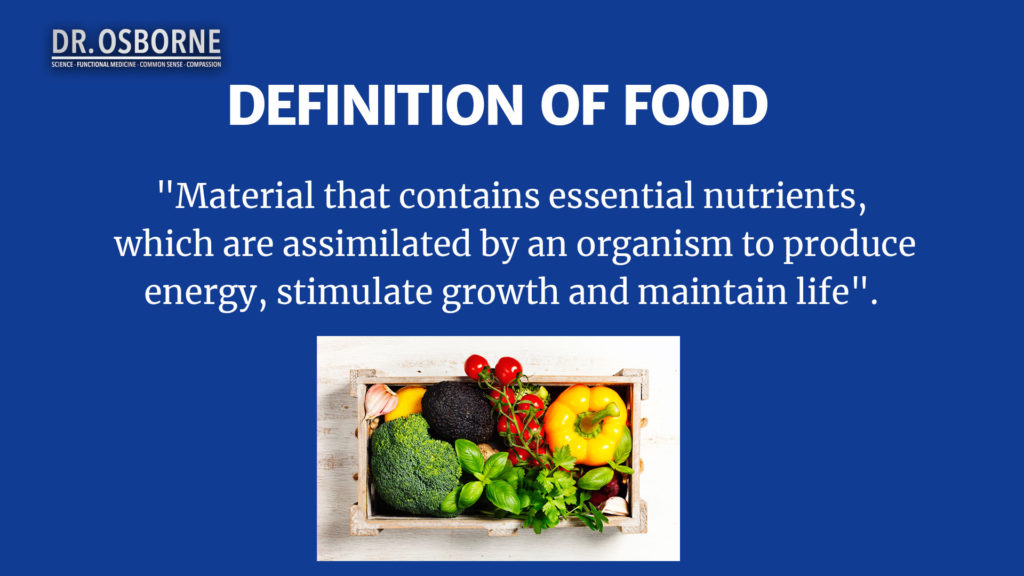new to the gluten free journey?
new to the gluten free journey?

 In the 1970s, scientists were beginning to recognize the detrimental effects of sugar on the body. Fearing it would hurt their industry, executives of sugar companies paid off scientists and quickly squashed these findings.
Soon, fat became the villain with more of it being taken out of food and replaced with sugar to maintain a decent taste. But, as illnesses and diseases became more prevalent, even without fat, it became obvious to many that these sugary substitutes were truly the instigator behind these.
In the 1970s, scientists were beginning to recognize the detrimental effects of sugar on the body. Fearing it would hurt their industry, executives of sugar companies paid off scientists and quickly squashed these findings.
Soon, fat became the villain with more of it being taken out of food and replaced with sugar to maintain a decent taste. But, as illnesses and diseases became more prevalent, even without fat, it became obvious to many that these sugary substitutes were truly the instigator behind these.
Contents
Toggle
 While many are told by dermatologists that acne has nothing to do with diet, one of the most popular treatment plans for it is a vitamin A cream. Not only could this mean that an individual has a vitamin A deficiency, but it suggests there is something going on internally that is expressing itself externally.
Sugar causes an inflammatory process which can manifest as inflammatory acne. Additionally, it can really affect hormone levels. Men who switched to a low sugar diet saw a drop in estrogen by 25%, while too much in women is known to accelerate androgen production.
While many are told by dermatologists that acne has nothing to do with diet, one of the most popular treatment plans for it is a vitamin A cream. Not only could this mean that an individual has a vitamin A deficiency, but it suggests there is something going on internally that is expressing itself externally.
Sugar causes an inflammatory process which can manifest as inflammatory acne. Additionally, it can really affect hormone levels. Men who switched to a low sugar diet saw a drop in estrogen by 25%, while too much in women is known to accelerate androgen production.
 While this may seem like a silly question, it is one worth pondering as it relates to our diet. Food is supposed to provide nutrients which then help to produce energy, stimulate growth, and maintain life – all of which sugar does not. So stop putting yourself at risk of these 14 detrimental effects and take steps to better your body and your health by making changes and improving your diet.
While this may seem like a silly question, it is one worth pondering as it relates to our diet. Food is supposed to provide nutrients which then help to produce energy, stimulate growth, and maintain life – all of which sugar does not. So stop putting yourself at risk of these 14 detrimental effects and take steps to better your body and your health by making changes and improving your diet.
Stay up-to-date with the latest articles, tips, recipes and more.

*These statements have not been evaluated by the Food and Drug Administration. This product is not intended to diagnose, treat, cure or prevent any disease.
If you are pregnant, nursing, taking medication, or have a medical condition, consult your physician before using this product.
The entire contents of this website are based upon the opinions of Peter Osborne, unless otherwise noted. Individual articles are based upon the opinions of the respective author, who retains copyright as marked. The information on this website is not intended to replace a one-on-one relationship with a qualified health care professional and is not intended as medical advice. It is intended as a sharing of knowledge and information from the research and experience of Peter Osborne and his community. Peter Osborne encourages you to make your own health care decisions based upon your research and in partnership with a qualified health care professional.
2 Responses
Great article! I looked for your references, but didn’t see any. Are you able to add them? Thank you!
I need help to stop eating sugar. Do I stop cold turkey?
What can I eat to help with the cravings?